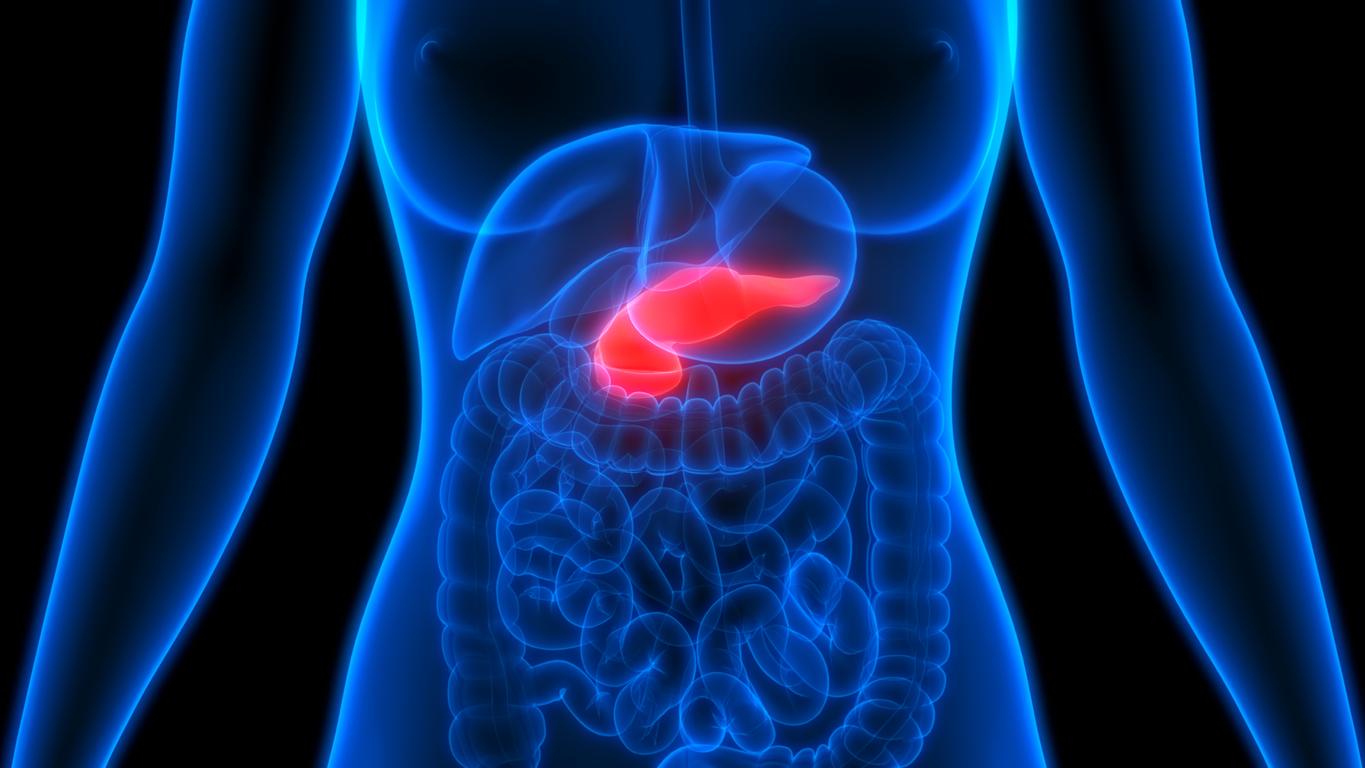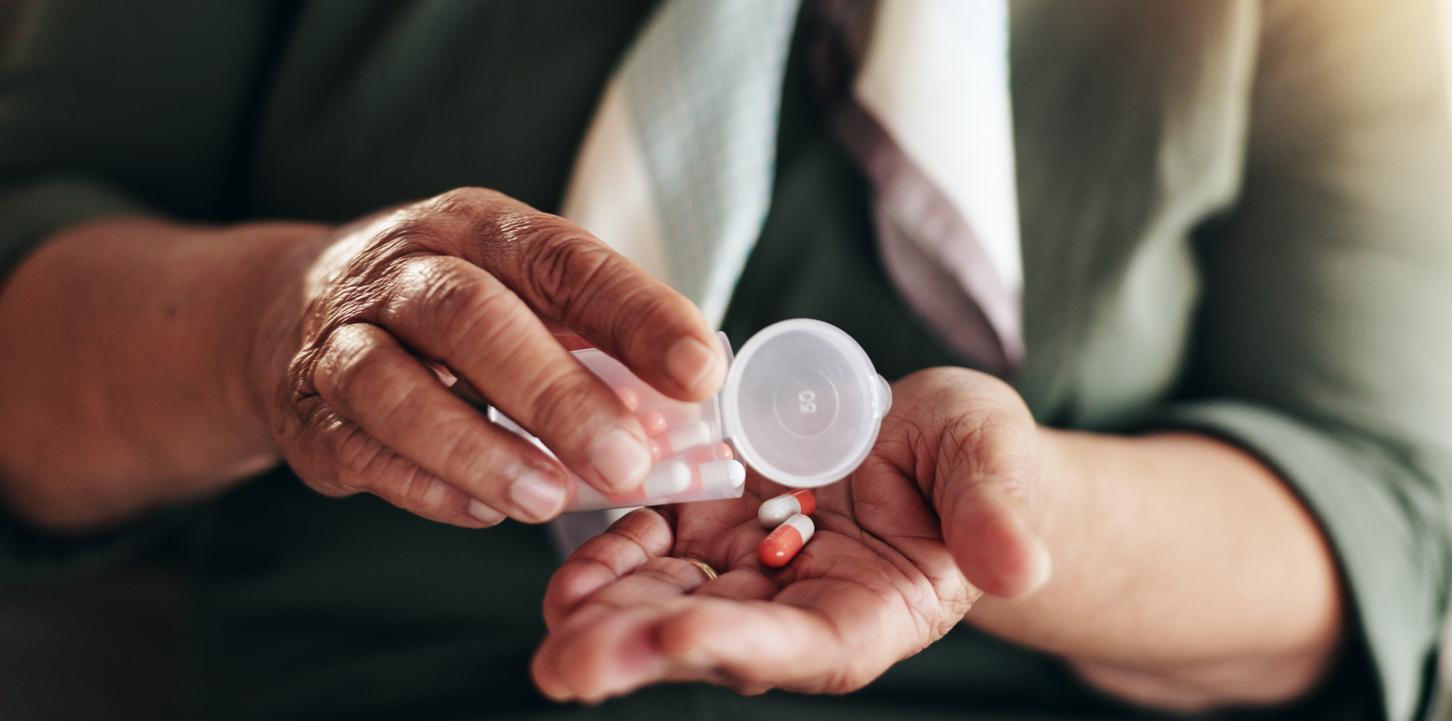
Reference screening method in the fight against Covid-19, nasopharyngeal swab tests have been widely used since the start of the health crisis. In a statement released yesterday, the Academy of Medicine warns of the risks of complications incurred when tests are performed inappropriately. Let’s do a check in.
Risks of serious complications
Used as the main screening tool for Covid-19, nasopharyngeal swab tests have become ” the reference method “. According to an estimate from the Directorate of Research, Studies, Evaluation and Statistics (DREES), there are no less than 70 million tests carried out between March 1, 2020 and April 4, 2021 (57.7 million PCR test and 12.4 antigen tests). Faced with the surge in the use of these tests, the Academy of Medicine alerted, in a press release published this Thursday, April 8, 2021, that nasopharyngeal swabs, performed for PCR tests or antigenic tests, are not without risks.
Indeed, the Academy recalls that these can cause certain complications, pain or bleeding, which can be considered as benign. But above all, she said that ” serious complications have started to be described in the medical literature for a few weeks ” notably ” breaches of the anterior level of the base of the skull associated with a risk of meningitis “.
The recommendations of the Academy of Medicine
The multiplication and repetition of samples, “sometimes carried out in unsuitable conditions” prompted the Academy of Medicine to take stock of the best practices to be observed as well as ” the precautions to be observed and the risks involved “. She thus recalls that before any nasopharyngeal sample, it is important to “ inquire about any accidental or surgical history in the ENT sphere “Who were able to modify” the anatomy of the nasal and sinus cavities “.
In addition, she specifies that the patient’s head should not be ” in hyper extension during sampling “. In all cases, the institution recommends that nasopharyngeal swabs be performed by ” health professionals trained to carry out this gesture “. As for children, the Academy of Medicine recommends the use of saliva samples.
The question of self-tests
While the self-tests should be available in pharmacies from April 12, the Academy of Medicine warns about the proper use of these devices. She explains that home test kits do not require sampling as deep as others. However, it reminds users that “ self-sampling can expose to false negatives when the swab is too timid and superficial, but can also become dangerous when the swab is too deep and pointed in the wrong direction “.















